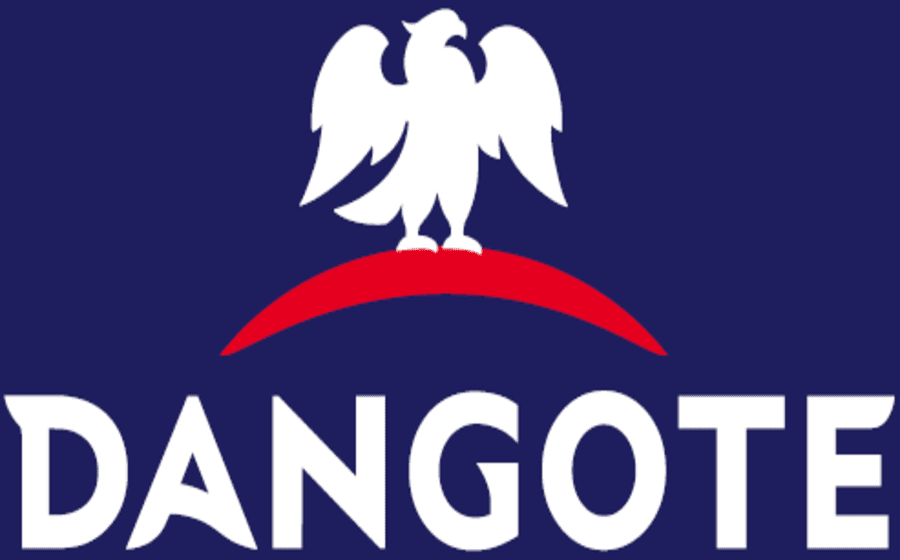Issues on Global Economy:
Consumer prices in Japan rose by 1.4% y/y in January – the highest since March 2015 – above 1.0% y/y increase in the previous month, and polled expectations of 1.3%. The rise in prices was majorly driven by increased food prices, which surged by 3.2% y/y (1.8% in the previous month). Also, cost of clothes and footwear (+0.5%) increased, while it rose faster for culture and recreation (+0.5%). Rising inflation, extended run of output growth, and concerns over the impact of ultra-low interest rate on financial stability, all bolster speculation that the BOJ could consider monetary policy normalization in the medium term.
Views posited by IHS Markit showed that the US Composite PMI rose to 55.9 in February, above 53.8 in January and polled expectation of 54.4. The manufacturing and services PMI increased to 55.9 apiece, from 55.5 and 53.3 in January respectively. The reading showed that growth in private sector activity, employment, and inflation reached record levels. The record-high readings are reflective of an optimistic business environment, following the recent US tax cut law, which point to likelihood of improved economic growth.
Global Markets
Performance across global equities was mixed, with the defining factors being concerns about higher interest rate in the U.S., economic data, currency swing, corporate earnings, rising 10-year yield. Profit taking dominated the U.S. (DJIA: -1.20%; S&P 500: -1.03%), Asian markets sustained gains (CSI 300: +2.62%; Nikkei 225: +0.79%), while sentiment was mixed across European markets (Euro Stoxx 50: +0.19%; FTSE 100: -0.77%). In addition to the positive return in China, the MSCI EM index (+0.10%) was supported by a gain of 2.56% in Brazil. The MSCI FM index (+0.34%) also closed higher, thanks to the positive appetite in Kenya (+0.28%) and other countries in the region – which masked weakness in Ghana (-0.24%) and Nigeria (-0.16%).
Nigeria Economy Last Week in Perspective
Last week, the National Bureau of Statistics (NBS) released data on Sectoral Distribution of Value Added Tax, which showed that NGN254.10 billion was generated as VAT in Q4-2017, against NGN250.56 billion in the previous quarter, and NGN207.35 billion in Q4-2016. Over the full year 2017, total VAT generated increased by 25.06% y/y to NGN972.35 billion.
Meanwhile, of the total Non-Import Local VAT (NGN510.65 billion) generated, Other Manufacturing (NGN119.60 billion), Professional Services (NGN87.52 billion), and Commercial and Trading (NGN49.50 billion), constituted 50.26%. The improved VAT revenue generated during the year suggests the FGN’s efforts at improving tax revenue are gradually yielding results.
Central bank of Nigeria (CBN), had last week Monday, released a circular stating revision to the Commercial Agriculture Credit Scheme (CACS) Guidelines, to include Non-Interest Financial Institutions (NIFIs) in the scheme. The amendment stated that the non-interest financial institutions (NIFIs) shall bear the credit risk of repayment by an investor. The financing shall have a maximum interest rate of nine per cent; and the profit distribution ratio between the CBN as Capital Provider and the NIFI as the Implementing Party shall be in the ratio of 2:7 (i. e. CBN 22% and NIFI 78%). While the single-digit interest rate financing, and indeed other notable supports, has provided boost for agricultural businesses, we think more concerted efforts at improving the entire agriculture value chain (processing, in particular) will help to effectively unlock the full potentials of the important sector.
Equities
The equities market closed negative, with the ASI inching lower by 0.16% to 42,570.89 points, as the gains (+1.38%) recorded in the last four sessions of the week were too little to offset a loss of 1.53% posted at the start of the week. Accordingly, the Month-to-Date and Year-to-date returns moderated further to -4.00% and 11.32% respectively. The Banking (+1.52%) and Insurance (+1.24%) indices closed positive, following interests in GUARANTY (+4.52%) and AIICO (+7.14%) respectively. On the flip side, the Oil & Gas (-1.81%), Consumer Goods (-1.06%), and Industrial Goods (-0.49%) indices closed in the red, as investors booked profit in the shares of CONOIL (-18.32%), PZ (-8.00%), and CCNN (-7.16%) respectively.
We look for investors taking position ahead of Q4-17 earnings releases amid encouraging macroeconomic fundamentals.
Money Market
The overnight lending rate fell to12.42%, representing a 708bps w/w contraction, as inflows of NGN223.99 billion from the FAAC disbursement and NGN56.43 billion from maturing OMO bills outweighed outflows via OMO auction (NGN67.65 billion on Thursday, with today’s sale unknown at the time of writing) and FX sales (USD210 million).
We anticipate a further contraction in the overnight rate, as the CBN is expected to attempt liquidity mopping operations to combat next week’s maturing OMO bills worth N109.38 billion.
Treasury Bills
Average yield in the treasury bills market dropped 35bps w/w to close the week at 14.18%. Investor sentiment was positive across the short (-67bps), intermediate (-25bps), and long (-21bps) ends of the curve, amid notable demand for the 27D (-134bps), 111D (-76bps), and 188D (-51bps) bills respectively.
Yields are expected to rise in the meantime, supported by expected low system liquidity. At the NTB auction scheduled for next week, the CBN will offer N259.98 billion – N7.89 billion of the 91-day, N30.00billion of the 182-day and N22.08billion of the 364-day bills – to the market.
Bond
Trading in the bond market was bearish this week, as average yield expanded by 6bps to close at 13.66%. This is the first w/w expansion since February 5. Investors sold off at all ends [short (+3bps), intermediate (+12bps) and long(+6bps)] of the curve, with the JUL 2021 (+29bps), MAR 2024 (+15bps), and JUL 2034 (+14bps) notes recording significant expansions. At Wednesday’s auction, the DMO allotted NGN27.18 billion (vs. NGN50 billion offered) and NGN52.44 billion (vs. NGN50 billion offered) of the 5-year and 10-year bonds, at respective stop rates of 13.70% (vs. 13.38% at the last auction) and 13.98%. The JUL 2021bond (re-issue) was under subscribed, while the FEB-2028 bond (new-issue) was 1.57x oversubscribed.
We reiterate our expectation for lower yields in the short to medium term, reflecting (1) falling inflation rate, (2) strengthening expectation of monetary easing, and (3) the FGN’s new debt management strategy.
Foreign Exchange
The naira strengthened against the dollar by 0.28% and 0.06% to NGN362 and NGN360.08 in the parallel market and I&E FX window respectively. Total turnover in the I&E FX window increased by 24.44% w/w to USD757.69 million, with the bulk of trades consummated within the range ofNGN360-NGN369. Meanwhile, the apex bank injected USD210 million into the FX market during the week, comprising USD100 million, USD55 million, and USD55 million disbursements to the wholesale, SMEs, and invisibles windows, respectively.
Steady accretion to the foreign reserves, amidst stable oil prices and production, will continue to support the apex bank’s interventions in the currency space, hence the stability of the naira.









